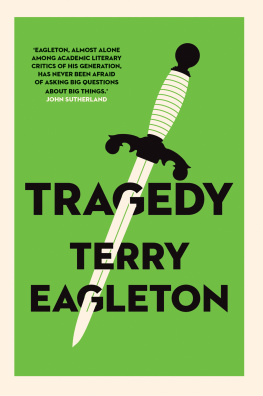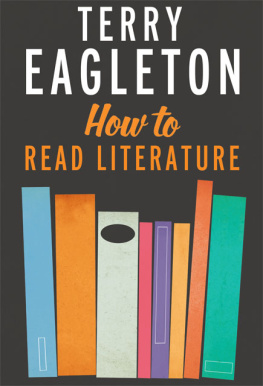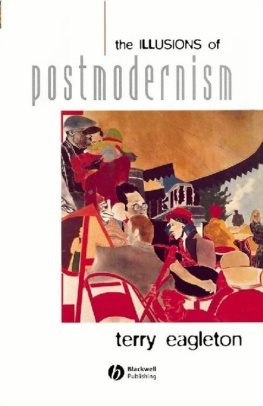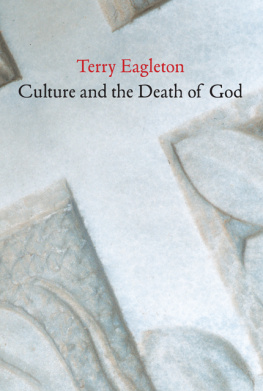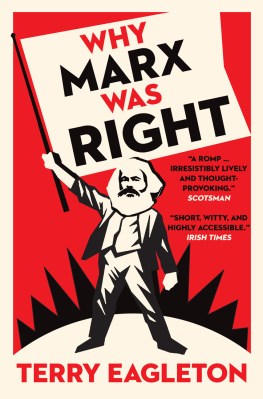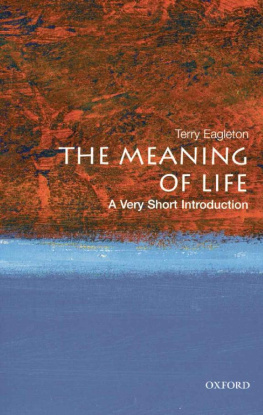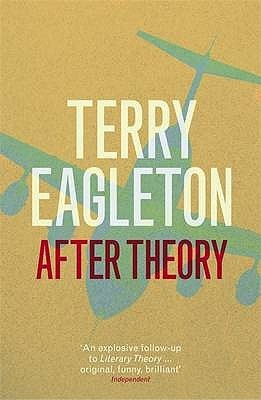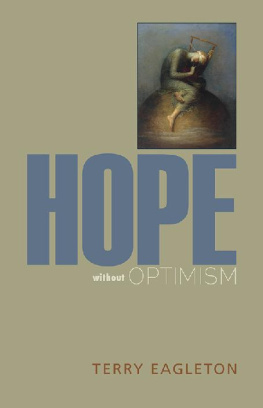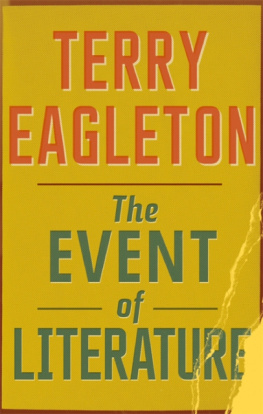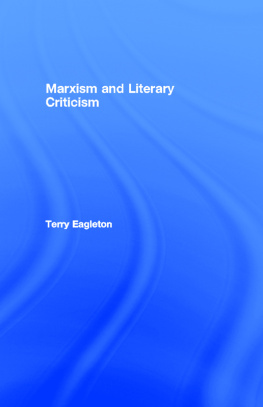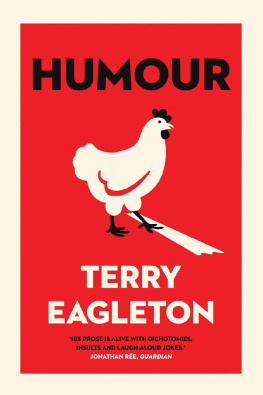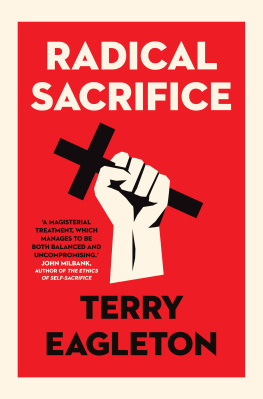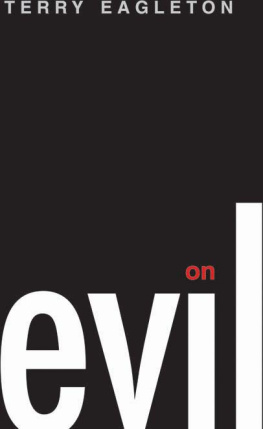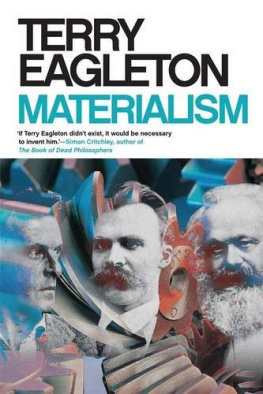Terry Eagleton - Tragedy
Here you can read online Terry Eagleton - Tragedy full text of the book (entire story) in english for free. Download pdf and epub, get meaning, cover and reviews about this ebook. year: 2020, publisher: Yale University Press, genre: Religion. Description of the work, (preface) as well as reviews are available. Best literature library LitArk.com created for fans of good reading and offers a wide selection of genres:
Romance novel
Science fiction
Adventure
Detective
Science
History
Home and family
Prose
Art
Politics
Computer
Non-fiction
Religion
Business
Children
Humor
Choose a favorite category and find really read worthwhile books. Enjoy immersion in the world of imagination, feel the emotions of the characters or learn something new for yourself, make an fascinating discovery.
- Book:Tragedy
- Author:
- Publisher:Yale University Press
- Genre:
- Year:2020
- Rating:3 / 5
- Favourites:Add to favourites
- Your mark:
- 60
- 1
- 2
- 3
- 4
- 5
Tragedy: summary, description and annotation
We offer to read an annotation, description, summary or preface (depends on what the author of the book "Tragedy" wrote himself). If you haven't found the necessary information about the book — write in the comments, we will try to find it.
Tragedy — read online for free the complete book (whole text) full work
Below is the text of the book, divided by pages. System saving the place of the last page read, allows you to conveniently read the book "Tragedy" online for free, without having to search again every time where you left off. Put a bookmark, and you can go to the page where you finished reading at any time.
Font size:
Interval:
Bookmark:
TRAGEDY

Copyright 2020 Yale University
All rights reserved. This book may not be reproduced in whole or in part, in any form (beyond that copying permitted by Sections 107 and 108 of the U.S. Copyright Law and except by reviewers for the public press) without written permission from the publishers.
For information about this and other Yale University Press publications, please contact:
U.S. Office:
Europe Office:
Typeset in Adobe Garamond Pro by IDSUK (DataConnection) Ltd
Printed in Great Britain by TJ International Ltd, Padstow, Cornwall
Library of Congress Control Number: 2020937960
ISBN 978-0-300-25221-7
A catalogue record for this book is available from the British Library.
10 9 8 7 6 5 4 3 2 1
In Memory of Nora Bartlett
CONTENTS
PREFACE
This is the second study of tragedy I have written, perhaps because there are few other places where great art and the most fundamental moral and political issues are so closely interlocked. One reason why tragedy matters is that it is a measure of what we ultimately value; but another is that a certain ideology has appropriated the form, rendering it suspect to a good many people who might otherwise reap value from it. It is the aristocrat of art-forms, and my own work, both in Sweet Violence and in this book, represents an attempt in the manner of my late friend and teacher Raymond Williams to democratise it.
Why tragedy matters to me personally is a more elusive affair. If, like Williamss Modern Tragedy, I am interested among other things in the relations between tragedy in art and tragedy in everyday life, it may be because I embarked on the study of tragic art at Cambridge under the shadow of a real-life calamity, the death of my father, which I describe in my memoir The Gatekeeper. If a certain vein of tragedy draws life from death, though not without grief and guilt, this was the condition in which I first approached the subject as a student and in diminished form the way in which I encounter it today.
So I have been thinking about tragedy for well over half a century, ever since Jan Marsh, now a distinguished Pre-Raphaelite scholar, remarked to me after we had both sat the Tragedy paper in the Cambridge University English Tripos that the examiners seem to think that tragedy is a good thing. With that simple but pregnant remark, one of which she almost certainly has no recollection, she planted a seed of which much of my work on tragedy has been the fruit. For that, I am deeply grateful to her.
T.E.
DID TRAGEDY DIE?
It wasnt a thing of monstrous order; not a fate rare and distinguished; not a stroke of fortune that overwhelmed and immortalised; it had only the stamp of the common doom.
(Henry James, The Beast in the Jungle)
Tragedy is said to be universal, which is true enough if one has the everyday sense of the word in mind. Grieving over the death of a child, a mining disaster or the gradual disintegration of a human mind is not confined to any particular culture. Sorrow and despair constitute a lingua franca. Yet tragedy in the artistic sense is a highly specific affair. There is no close equivalent of it, for example, in the traditional art of China, India or Japan.
All art has a political dimension, but tragedy actually began life as a political institution. Indeed, for Hannah Arendt it is the political art par excellence.
Tragedy, then, was not only an aesthetic experience or dramatic spectacle. It was also a form of ethico-political education which helped to inculcate civic virtue. For Hannah Arendt, there is a parallel between politics and tragic theatre, since when the former is conducted in full public session, as in ancient Athens, it turns its participants into performers akin to actors on a stage. Whether nationally based or not, however, tragic drama continues to deal with affairs of state, revolts against authority, thrusting ambition, court intrigues, violations of justice, struggles for sovereignty, all of which tend to centre on the careers of high-born figures whose lives and deaths have momentous consequences for society as a whole.
Politically speaking, Greek tragedy had a double role, both validating social institutions and calling them into question. Art may legitimate a social order through its content, but also by providing its audience with a psychological safety-valve, As far as tragedy as critique is concerned, it is astonishing that an official political event, part of a revered religious festival, could shine so bold a light on the dark subtext of ancient Greek civilisation on madness, parricide, incest, infanticide and the like, however prudently these matters were thrust into the mythological past. It is as if a pageant in honour of the Queen of England were to present a series of tableaux from the adultery of Lancelot and Guinevere to the exploits of Jack the Ripper.
In Aristotles view, Greek tragedy can provide a form of public therapy, purging an emotional flabbiness that might endanger the health of the polis. Like Plato, however, you can also see certain aspects of the theatre as politically subversive and demand its strict regulation by the state. Later tragedy has a range of political roles. It can remind its audience of how sickeningly precarious the power of the mighty can be, or provide a body of mythology around which the nation may be reborn. We shall see later how German philosophy of tragedy sets out to resolve certain contradictions which spring from an early stage of middle-class civilisation. The public or political dimension of tragedy lives on in the theatre of Henrik Ibsen, even if the setting of his drama is for the most part domestic. This is because the family in Ibsen serves as a medium for deeper social issues, so that private and public domains become hard to dissociate. It is only after this point that we encounter on a sizeable scale what might be called private tragedy, foreshadowed in some domestic drama in the eighteenth century in which what is primarily at stake is an incestuous father, a drug-addicted mother or a married couple who survive by tearing one another apart.
The politics of tragedy, however, involves more than what happens on stage. It also means a struggle over the meaning of the tragic itself. In his study The Death of Tragedy, the critic George Steiner sees tragedy as a critique of modernity. The truly tragic spirit expires with the birth of the modern. It cannot survive an era which places its faith in secular values, an enlightened politics, the rational conduct of human affairs and the ultimate intelligibility of the universe. It is ill at ease in this disenchanted world, so that the term modern tragedy becomes something of an oxymoron. Tragedy cannot tolerate a utilitarian ethics or an egalitarian politics. As an aristocrat among art-forms, it serves among other things as a memory trace of a more spiritually exalted social order at the heart of a distastefully prosaic epoch. It represents a residue of transcendence in an age of materialism.
What began life as a political institution, then, ends up as a form of anti-politics. We are rescued from the clutches of the It is with the death of God that tragic art is reborn, with all the majestic aura of the divinity it replaces. For much aesthetic theory, there can be nothing more resplendent than the sublime, of which tragedy is the supreme expression which is to say that tragedy is doubly distinguished, occupying the highest rank of the highest aesthetic mode.
On this view, which is by no means confined to the work of Steiner, tragic drama is everything that the modern age is not: elitist rather than egalitarian, blue-blooded rather than horny-handed, spiritual rather than scientific, absolute rather than contingent, irremediable rather than reparable, universal rather than parochial, a question of destiny rather than self-determination. It deals with the death of princes rather than the suicide of salesmen. Arthur Schopenhauer is one of the rare philosophers of tragedy who insists that a great misfortune, which in his mildly heterodox view is enough to constitute a tragic action, can happen to anyone regardless of social rank. This mishap, he comments, need not be caused by rare
Next pageFont size:
Interval:
Bookmark:
Similar books «Tragedy»
Look at similar books to Tragedy. We have selected literature similar in name and meaning in the hope of providing readers with more options to find new, interesting, not yet read works.
Discussion, reviews of the book Tragedy and just readers' own opinions. Leave your comments, write what you think about the work, its meaning or the main characters. Specify what exactly you liked and what you didn't like, and why you think so.

